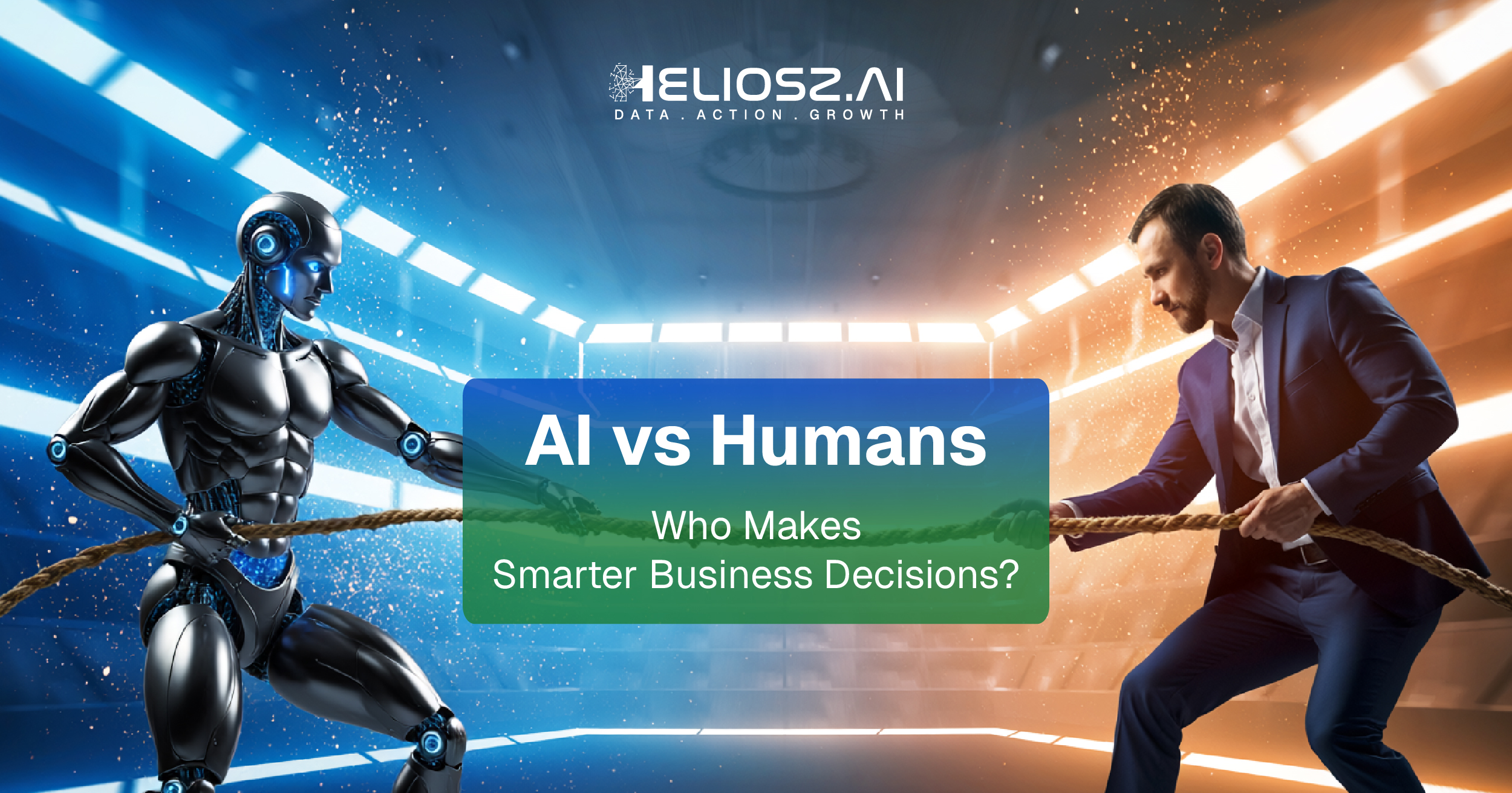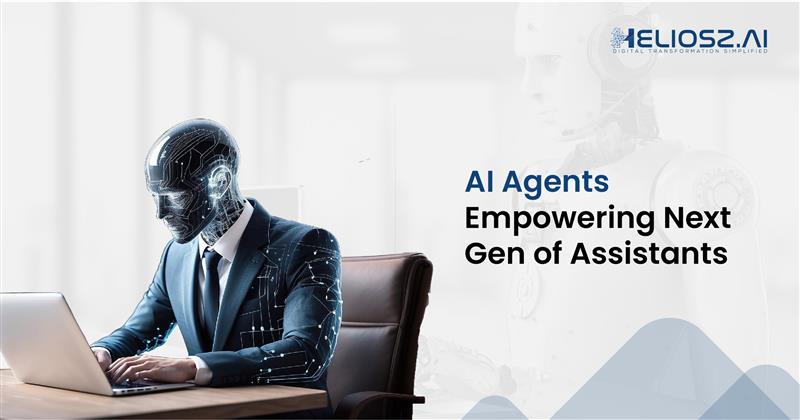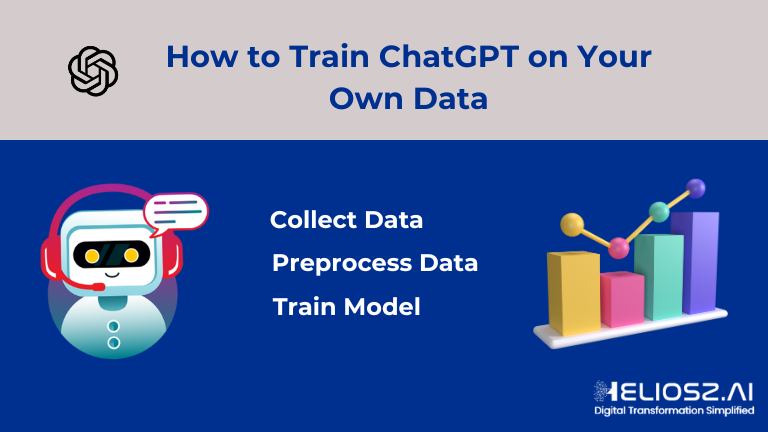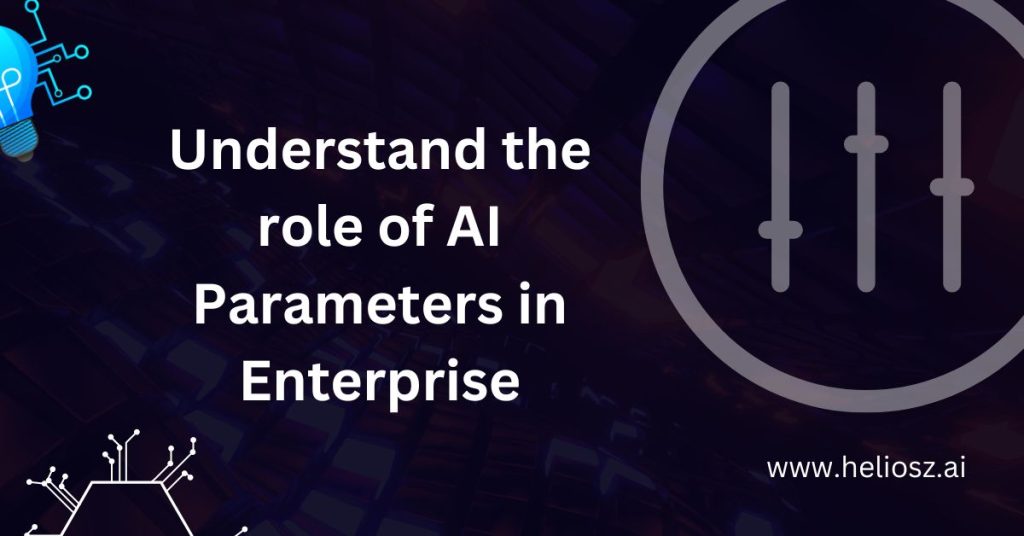As technology advances and our surroundings become more digital, automated assistance is becoming more relevant and powerful. It helps us process information, make tasks more efficient, and communicate with complex systems. Virtual assistants are now ubiquitous tools, having grown from simple interfaces to systems that recognize natural language and can accomplish a great many tasks. Concurrently, research in artificial intelligence has given rise to advanced AI agents – computer programs created with the ability to sense their environment, make rational decisions, plan actions, and function with some autonomy to accomplish certain objectives. This union of virtual assistant interfaces and the underlying capabilities of AI agents is essentially changing what these digital assistants can accomplish, opening up a new age of intelligent, proactive, and highly capable assistants that are vital to business success.
“AI agents increase 55% of the efficiency and reduce 35% of the costs for companies utilizing.” – Salesforce
What Are AI Agents?
AI agents are independent software agents that sense their surroundings, decide, and act in order to reach certain objectives. In contrast to conventional bots, which respond to inputs in a limited fashion, AI agents have a degree of autonomy and rationality that enables them to:
- Comprehend context
- Adjust to changing environments
- Make goal-oriented decisions
- Learn based on data and feedback
- Interoperate across systems and platforms
AI agents are capable of powering a broad array of virtual assistant applications, including customer service automation and smart enterprise workflows.
How AI Agents Are Enhancing Virtual Assistants
The revolutionizing potential of AI agents is that they can introduce intelligence, autonomy, and flexibility to virtual assistants. The following is a closer examination of how AI agents are revolutionizing the role of virtual assistants across enterprise functions:
a) Contextual Understanding and Natural Language Processing (NLP)
Conventional virtual assistants tended to grapple with strict command syntax and did not possess real language comprehension. AI agents currently utilize sophisticated NLP and language models to comprehend not just the literal intent of user inputs but also the intent, emotion, and context. This enables them to reply more naturally and effectively in various situations and types of users.
- Understanding intricate, multi-turn dialogue
- Distinguishing between various intents despite having the same wording
- Identifying sentiment and emotional tone
- Adjusting responses according to context of conversation
Example: A customer sends, “I ordered a phone a week ago and it still hasn’t arrived. This is so frustrating.” An AI-driven assistant recognizes this as both a delivery status inquiry and a negative sentiment, providing an apology, verifying tracking information, and automatically escalating the problem if necessary.
b) Autonomous Decision-Making and Task Processing
One of the most important advancements with AI agents is their ability to make decisions and act autonomously without direct human intervention. These agents can perform logical processes, analyze multiple data inputs, and act upon them based on specified goals or business rules—all in real time and learning as they go.
- Processing multi-step tasks (e.g., password reset, scheduling meetings)
- Triggering inter-departmental workflows (e.g., routing sales leads)
- Taking data-driven actions based on real-time input
- Automatic follow-up based on conditional criteria
Example: In the context of IT support, an employee would say, “I am unable to view my dashboard.” The assistant not only records the problem but verifies system status, clears credentials if required, and creates a follow-up ticket—all automatically.
AI Agents and Agentic AI: A Beginner’s Guide
c) Cross-Platform Integration and API Connectivity
AI agents can connect with multiple enterprise tools via solid API integrations, allowing virtual assistants to access and modify real-time data on multiple platforms. This enables businesses to provide a seamless and uniform user experience across any communication channel or system employed.
- Retrieving data from CRMs, ERPs, HRIS, or inventory systems
- Synchronizing activities across channels (email, Slack, Teams, etc.)
- Initiating automated tasks (e.g., change a lead status in Salesforce)
- Giving integrated views of customer or employee information
Example: A sales representative requests the assistant, “What’s the latest on the Acme Corp deal?” The assistant immediately pulls real-time information from the CRM, recent email conversations, and meeting notes and gives a combined overview.
d) Personalization at Scale
Today’s users anticipate personalization, and AI agents provide it through the use of information such as behavioral patterns, purchase history, interaction records, and even user preference. Personalization is ongoing and is updated with each interaction, increasing the relevance and impact of the experience.
- Personalized recommendations and proactive suggestions
- Custom workflows as a function of user role or location
- Predictive support via machine learning models
- Dynamic response generation specific to the user profile
Example: A returning customer browsing for travel insurance could be offered proactive recommendations such as, “Would you like to renew your prior coverage? Here are the new terms,” based on their last experience and purchase history.
e) Scalability and 24/7 Availability
In contrast to human teams, AI agents need neither sleep nor breaks nor onboarding. This makes them ideal for businesses that want to scale services geographically and across time zones. Whether you’re managing a surge in demand or scaling to new markets, virtual assistants powered by AI agents offer instant scalability and reliability.
- Manage thousands of simultaneous sessions without performance degradation
- Ensure service quality during peak or off-peak hours
- Lessen staff pressure and operational expense
- Facilitate worldwide service coverage without timezone limitation
Example: A holiday promotion by an e-commerce business witnesses a 500% volume surge in support requests. The AI assistant processes 95% of queries directly—anything from product information to tracking orders—providing a seamless customer experience and lightened human load.
Business Benefits of AI-Driven Virtual Assistants
a) Cost Efficiency
AI-based virtual assistants substantially cut operational costs through the automation of routine, time-consuming activities that would otherwise call for manual effort. From serving customer questions to servicing internal requests, such assistants can function at scale, round the clock, without any increased burden on human resources. With time, this results in lower support spending, quicker problem-solving, and optimized use of people within the company.
b) Enhanced Customer Satisfaction
AI-driven assistants enhance the customer experience by offering fast, accurate, and customized answers. They reduce wait time, offer constant support, and ensure consistent interaction quality. Due to this, companies develop enhanced customer trust and loyalty, ultimately resulting in better retention rates and increased brand advocacy.
c) Data-Driven Insights
Each interaction with AI assistants generates valuable data that can be processed to identify trends, behavior patterns, and areas of potential service shortfalls. Businesses can leverage these insights to enhance products, refine marketing practices, and optimize operational processes. Additionally, the AI itself learns over time from the data, becoming more efficient and providing brighter, more proactive support.
d) Operational Efficiency
AI-powered virtual assistants ease internal processes with the automation of routine workflows, reduction of human error, and increased task completion. From IT ticket to HR inquiry, to customer service, such assistants ensure hassle-free and uniform task execution. This enables human teams to focus on more strategic and creative tasks, ultimately translating to overall productivity and efficiency gains.
e) Future-Proofing the Business
Investment in AI-based virtual assistants places companies at the frontlines of the digital revolution. As technology evolves, pioneers enjoy a competitive advantage with their ability to remain agile, scalable, and responsive to shifting market needs. Adopting this technology not only addresses immediate inefficiencies but also equips the company to quickly respond to future challenges.
Final Thoughts
AI agents aren’t merely a technological advancement—they’re a paradigm shift in the way enterprises interact with systems, people, and data. From backend processing to customer interaction, the new generation of virtual assistants is being driven by business-aware, autonomous, and adaptive intelligent agents.
At Heliosz.AI, we are committed to developing smart systems to help businesses thrive in this AI-driven era. Contact us to find out how we can support your organization to adopt next-generation virtual assistants that deliver tangible results.






























